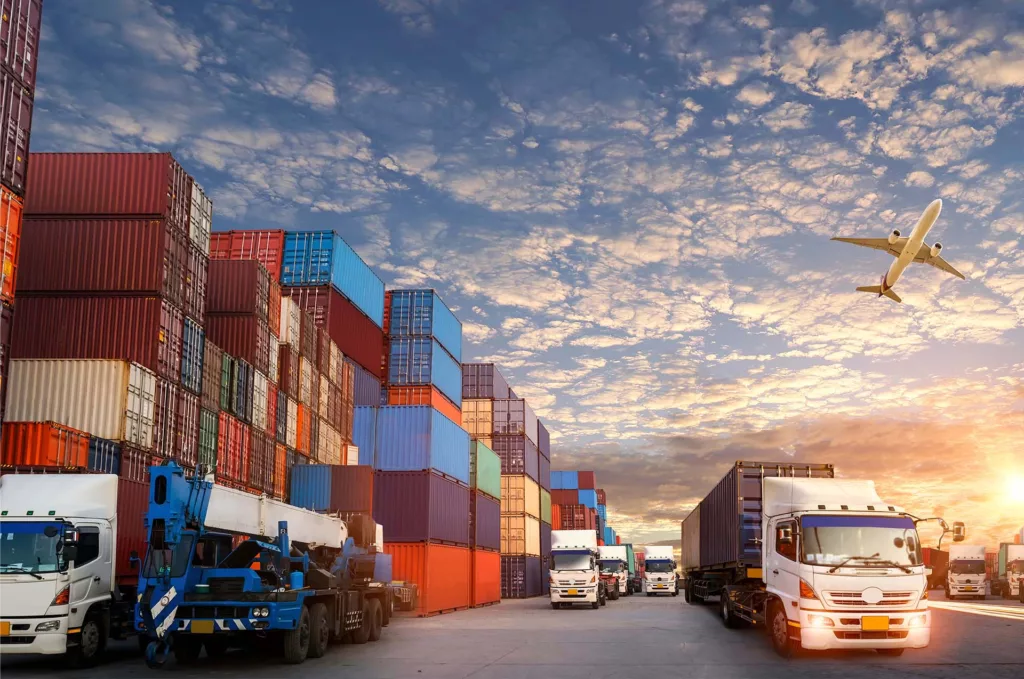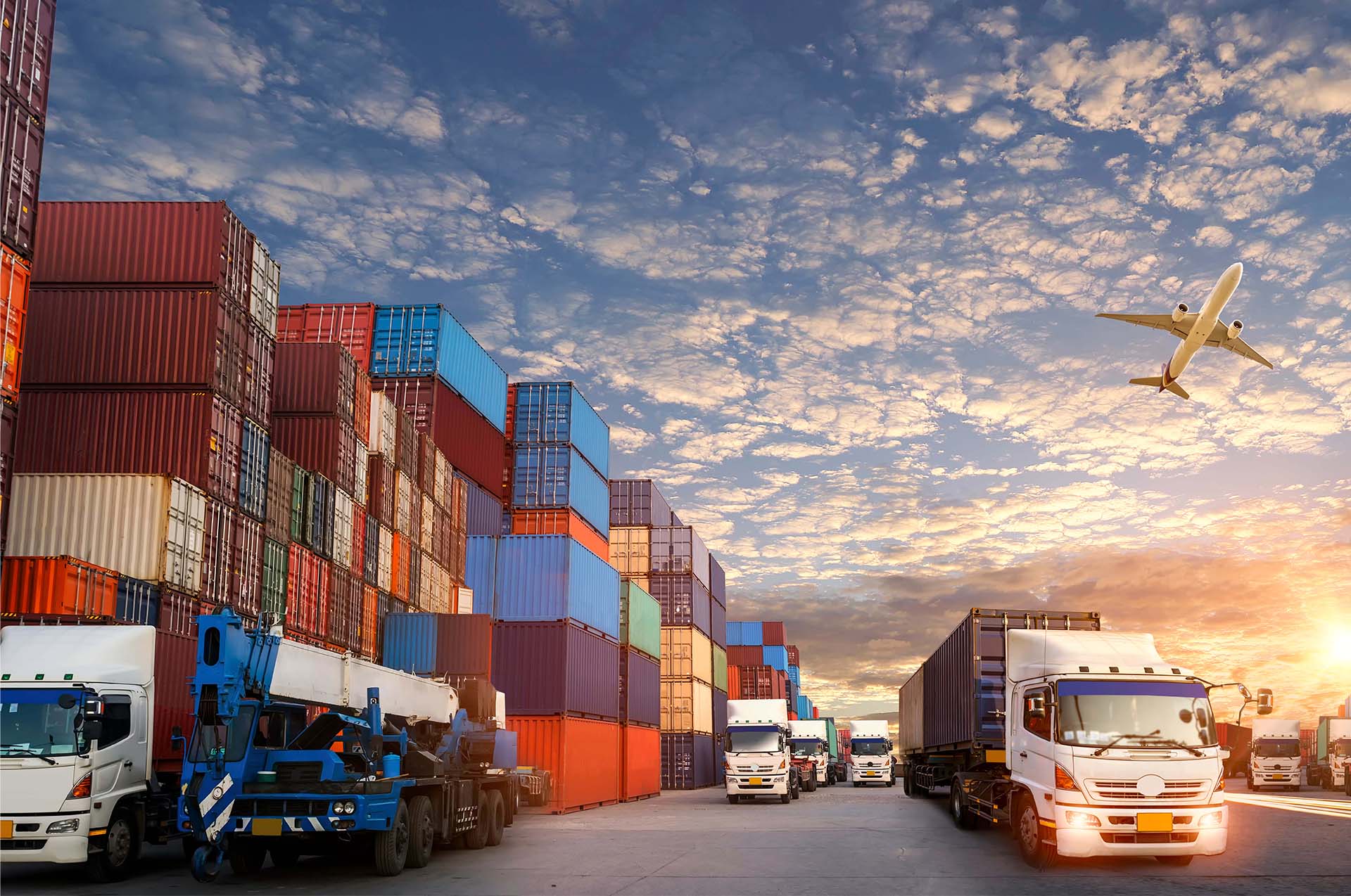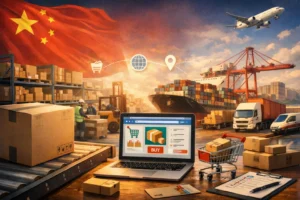A well-optimized global supply chain is essential for businesses to stay competitive, enhance efficiency, and deliver high-quality products and services to their customers. This article will explore the importance of streamlining your supply chain and offer best practices for improved management and procurement, with a focus on global supply chain companies.

Understanding the Global Supply Chain
A global supply chain involves the intricate network of processes, resources, and entities that work together to deliver goods and services from suppliers to end consumers across international borders. While it offers vast opportunities, managing it can be complex due to diverse cultures, regulations, time zones, and logistical challenges.
Enhanced Visibility and Data Transparency
To streamline your global supply chain effectively, gaining real-time visibility into every aspect of the process is crucial. Utilize modern supply chain management software and technologies to track inventory levels, monitor supplier performance, and analyze data to identify bottlenecks and areas for improvement.
Moreover, data transparency is equally essential, as it allows various stakeholders to collaborate efficiently and make informed decisions based on accurate information. When all parties involved in the supply chain have access to the same data, it fosters better communication and coordination.
Collaboration and Communication
Firstly, effective communication and collaboration are paramount in optimizing a global supply chain. Implement regular meetings and use communication tools to keep all relevant teams, suppliers, and partners informed about key updates and changes. Emphasize the importance of sharing feedback and ideas to drive continuous improvement across the supply chain.
Supplier Relationship Management
Secondly, global supply chain companies heavily rely on their network of suppliers. Nurture strong relationships with key suppliers by establishing mutual trust, open communication, and fair dealings. Regularly evaluate supplier performance and consider long-term partnerships with reliable suppliers to reduce risks and enhance efficiency.
Embrace Technology and Automation
Thirdly, automation is a game-changer in supply chain management. Incorporate robotics, artificial intelligence, and machine learning to streamline repetitive tasks, minimize human errors, and optimize inventory management. By automating certain processes, your team can focus on strategic decision-making and problem-solving.
Risk Management
Fourthly, operating on a global scale comes with inherent risks, such as geopolitical uncertainties, natural disasters, or supply chain disruptions. Develop a comprehensive risk management strategy that identifies potential risks and outlines contingency plans to mitigate their impact. Diversify your supplier base and ensure alternative sourcing options are available if needed.

Sustainability and Ethical Practices
Fifthly, consumers are increasingly conscious of sustainability and ethical practices. Embrace sustainable sourcing and environmentally friendly manufacturing processes to meet consumer demands and regulatory requirements. Demonstrating a commitment to responsible practices can also enhance your brand reputation and attract socially conscious customers.
Continuous Improvement and Adaptability
Lastly, supply chain optimization is an ongoing process. Encourage a culture of continuous improvement and adaptability within your organization. Regularly review your supply chain processes, gather feedback from stakeholders, and implement necessary changes to stay ahead of the competition and meet evolving market demands.
Conclusion
Streamlining your global supply chain is a fundamental step toward achieving operational excellence and improving procurement efficiency. Embrace enhanced visibility, effective communication, supplier management, technology adoption, risk management, sustainability, and continuous improvement to streamline it Stay competitive, reduce costs, and deliver superior products and services worldwide. Make your supply chain a strategic asset driving business success in the dynamic marketplace.




